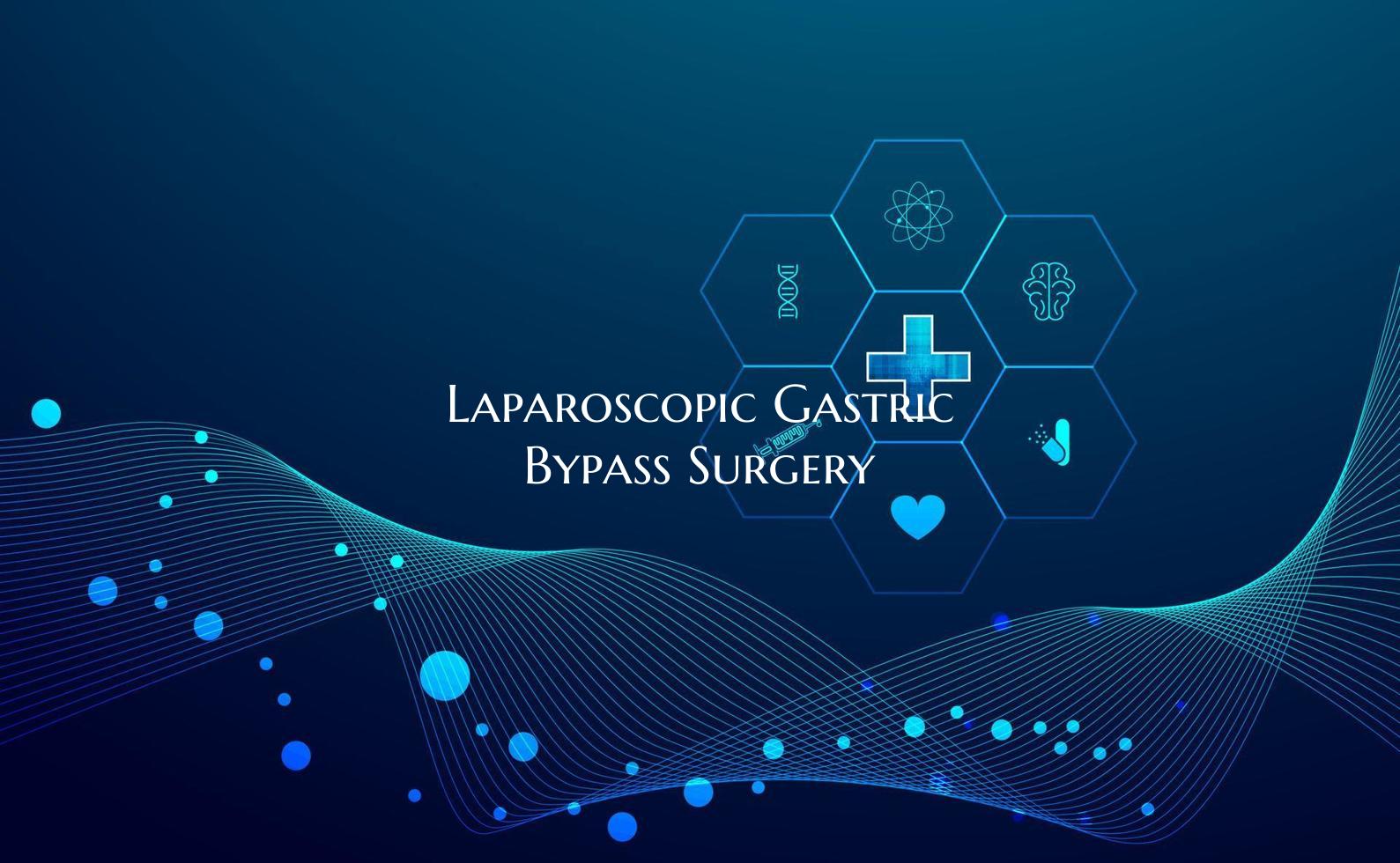
Laparoscopic Gastric Bypass Surgery
Laparoscopic Gastric Bypass Surgery: A Minimally Invasive Solution for Weight Loss
Laparoscopic Gastric Bypass Surgery, also known as minimally invasive or keyhole surgery, is a popular surgical procedure performed to help individuals with severe obesity lose weight effectively. This innovative technique involves the use of small incisions and a laparoscope, a small camera that guides the surgeon in performing the surgery with precision.
The main goal of Laparoscopic Gastric Bypass Surgery is to reduce the size of the stomach and reroute the digestive system to promote weight loss. During the procedure, the surgeon creates a small pouch from the stomach that holds a limited amount of food. This results in a feeling of fullness with minimal food intake, leading to reduced calorie consumption and subsequent weight loss.
One of the key advantages of Laparoscopic Gastric Bypass Surgery is its minimally invasive nature, which typically results in shorter hospital stays, less post-operative pain, and faster recovery times compared to traditional open surgery. Patients usually experience fewer complications and a lower risk of infection, making this procedure a preferred choice for many individuals seeking long-term weight loss solutions.
While Laparoscopic Gastric Bypass Surgery can be highly effective in helping individuals achieve significant weight loss and improve their overall health, it is essential to understand that this procedure is not a quick fix. Successful outcomes often require a commitment to lifestyle changes, including a healthy diet, regular exercise, and ongoing medical follow-ups to monitor progress and address any potential complications.
In conclusion, Laparoscopic Gastric Bypass Surgery offers a minimally invasive and effective solution for individuals struggling with obesity. By working closely with a multidisciplinary healthcare team, patients can achieve sustainable weight loss and improve their quality of life through this advanced surgical approach.